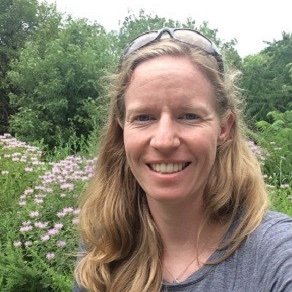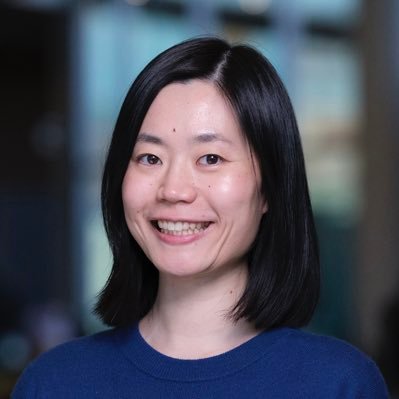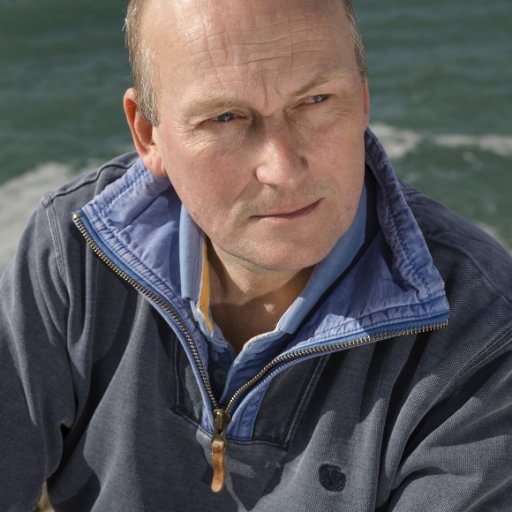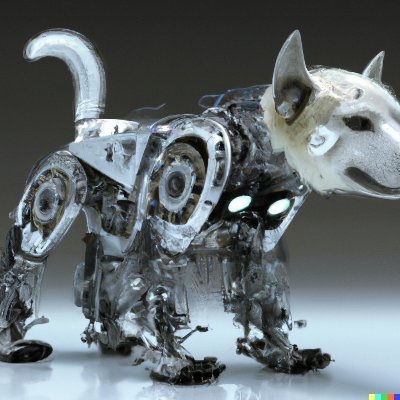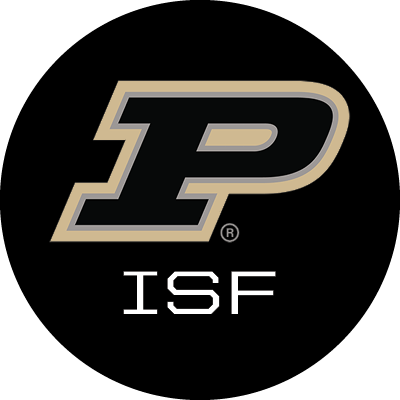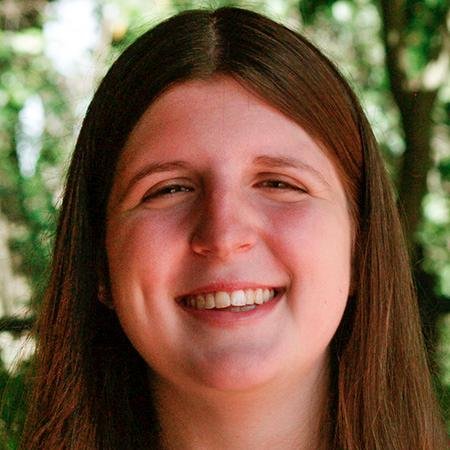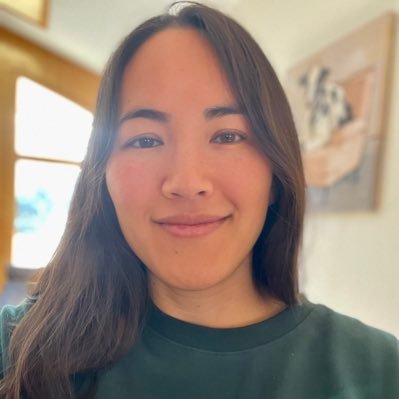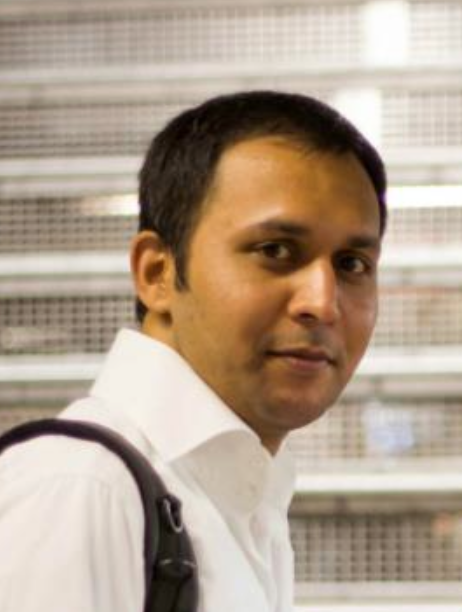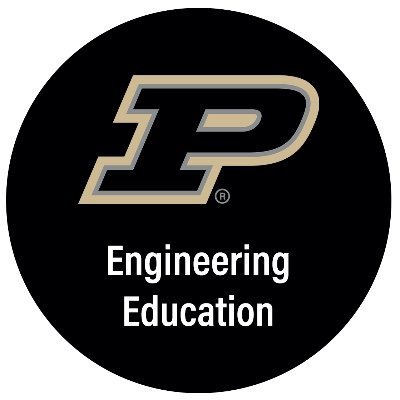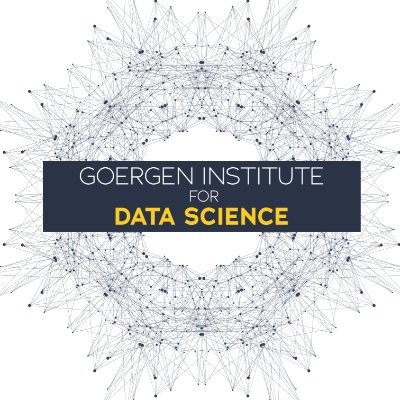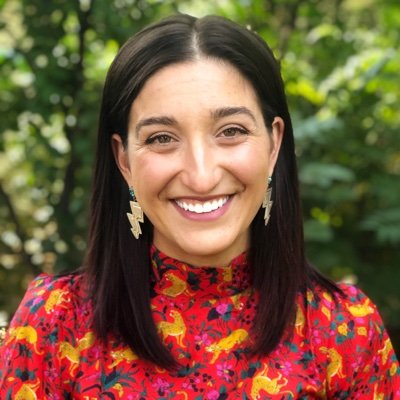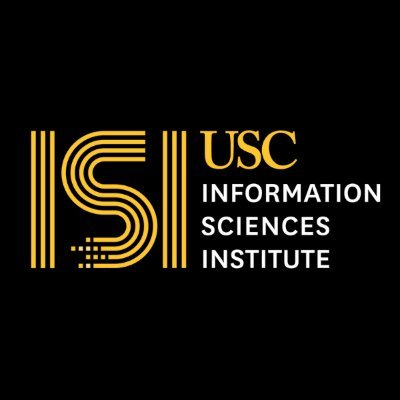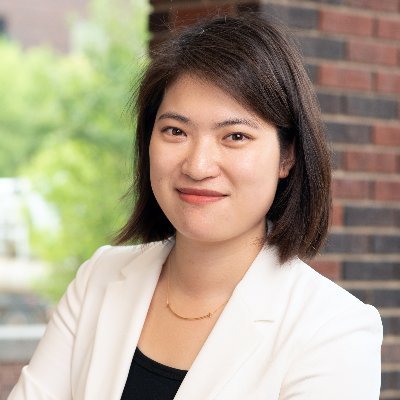
Yi Ding
@counterfacAssistant Professor @PurdueECE | Postdoc @MIT_CSAIL | PhD @UChicagoCS
Similar User

@roopshasamanta

@jrexnet

@tianyin_xu

@RiggerManuel

@calebstanford4

@moarbugs

@yiling__LOU

@qianl_cs

@yixue_zhao

@deiandelmars

@anaklimovic

@alvinkcheung

@TweetAtAKK

@FrancisYan_

@renzheyu
Save the Date for an #NSF DESC Workshop on Sustainable Computing on Aug 20-21, 2024. This workshop will focus on the dimensions of #AI, water, and biodiversity dimensions, extending beyond just carbon footprints. #SustainableComputing

#NITRD30th has posters presented by @NSF & @compcomcon's Computing Innovation Fellows! Take a look @ CIFellows' cutting-edge research on emerging #NIT technology. What a great career-enhancing bridge experience NSF & Computing Community Consortium provide nitrd.gov/30th-anniversa…
Attending @NITRDgov's #NITRD30th event organized by @compcomcon at the @IntlSpyMuseum #CIFellow

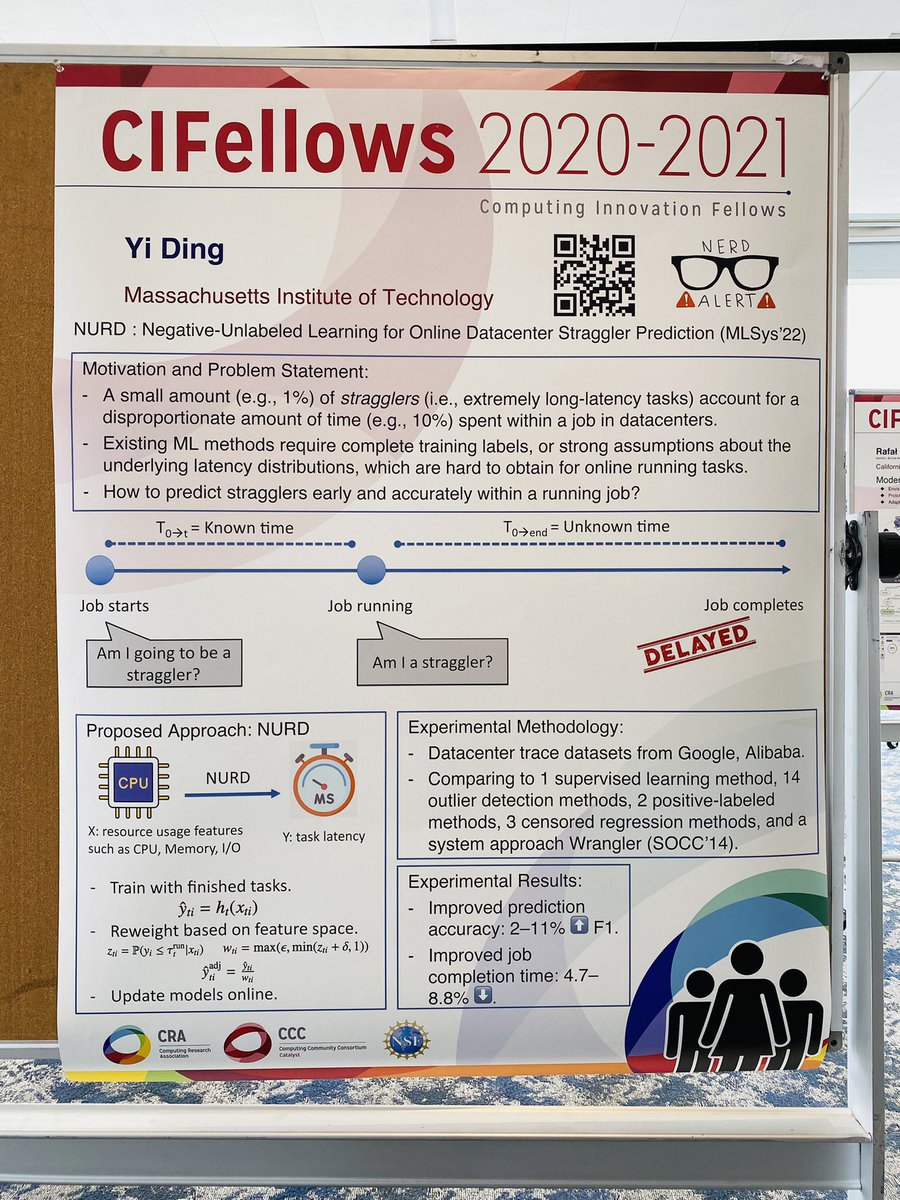
🚨New paper🚨 at Onward! “Programming with Neural Surrogates of Programs” with @counterfac and @mcarbin We show why and how you should replace all your programs with neural networks. alexrenda.com/onward-2021 youtube.com/watch?v=rM8SwK… 🧵1/13

The neuro-symbolic learning/programming space is quite varied in its ideas. But, this is neat work with the team cleaving out a survey and demonstration of a narrower set of work on replacing programs with neural networks, along with what you get (and don't!) when you so do.
🚨New paper🚨 at Onward! “Programming with Neural Surrogates of Programs” with @counterfac and @mcarbin We show why and how you should replace all your programs with neural networks. alexrenda.com/onward-2021 youtube.com/watch?v=rM8SwK… 🧵1/13

Excited to see this work out. Great collaboration on applying causal DAG analysis as the quantitative tool to support findings on the relationships between park visits and crimes. 👇
Excited to announce our new paper: Neighborhood street activity and greenspace usage uniquely contribute to predicting crime with @jamessaxon @BettencourtLuis @kharloews @counterfac Hank Hoffman @EnvNeuroLab Marc Berman. @Nature_NPJ Urban Sustainability: nature.com/articles/s4294…
I updated my list of causal system papers in #PL #SE column. Thank @jimmykoppel for suggesting these amazing papers! It seems PLSE is ahead of other CS fields in incorporating causality. Dependence is the key. github.com/y-ding/causal-…
Tired of ML for Systems? It's time to rethink and get a perspective on causal inference for systems. I assembled a paper list on Causal Systems, covering areas of #architecture, #database, #networking, #OS, #SE, and #PL: 👇 github.com/y-ding/causal-…
Thanks CRA @CRAtweets to feature my CIFellow project on Improving System Efficiency and Reliability with Causal Learning! Check it out👇
CIFellows Spotlight: Improving System Efficiency and Reliability with Causal Learning cra.org/cifellows-spot…
Interested in robust ML models other than robust neural networks? Check out robust ensemble tree 👇
Using Twitter spam detection as an example, I wrote about how to train robust trees for security (USENIX Sec 21). Our most exciting result is, we can increase the feature manipulation cost for adaptive attackers to evade the robust tree ensemble by 10.6X. surrealyz.medium.com/robust-trees-f…
In ML for systems problems #MLSys, is higher prediction accuracy equivalent to the better system outcome? The answer is NO! I wrote a blog post explaining why 👇: link.medium.com/7l1gRg5BTcb
United States Trends
- 1. Kendrick 738 B posts
- 2. #AskShadow 27 B posts
- 3. MSNBC 241 B posts
- 4. Scott Bessent 12,6 B posts
- 5. Khalid 15,1 B posts
- 6. $LEAFS N/A
- 7. The Warm Up 16,5 B posts
- 8. Jonathan India 1.864 posts
- 9. Drake 95 B posts
- 10. LinkedIn 44,3 B posts
- 11. Luther 54,4 B posts
- 12. Singer 62 B posts
- 13. Royals 10,2 B posts
- 14. Brandon Allen 2.449 posts
- 15. Wayne 64 B posts
- 16. Reds 12 B posts
- 17. Kdot 16,3 B posts
- 18. NASA 73,9 B posts
- 19. Friday Night Lights 1.238 posts
- 20. Joey Wiemer 1.187 posts
Who to follow
-
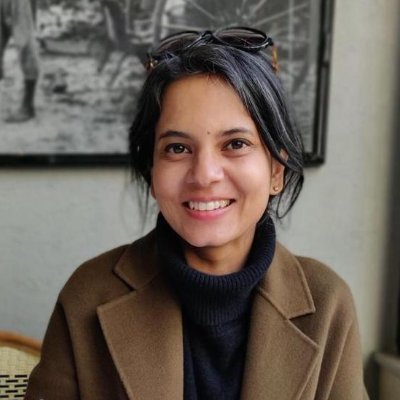 Roopsha Samanta
Roopsha Samanta
@roopshasamanta -
 Jennifer Rexford
Jennifer Rexford
@jrexnet -
 Tianyin Xu
Tianyin Xu
@tianyin_xu -
 Manuel Rigger
Manuel Rigger
@RiggerManuel -
 Caleb Stanford
Caleb Stanford
@calebstanford4 -
 Rohan Padhye
Rohan Padhye
@moarbugs -
 Yiling Lou
Yiling Lou
@yiling__LOU -
 Qian Li
Qian Li
@qianl_cs -
 Dr. Yixue Zhao
Dr. Yixue Zhao
@yixue_zhao -
 Deian Stefan
Deian Stefan
@deiandelmars -
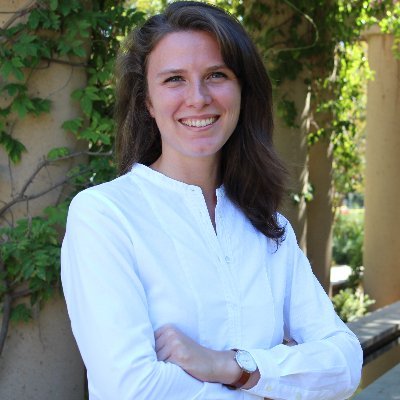 Ana Klimovic
Ana Klimovic
@anaklimovic -
 Alvin Cheung
Alvin Cheung
@alvinkcheung -
 Arun Kumar
Arun Kumar
@TweetAtAKK -
 Francis Y. Yan
Francis Y. Yan
@FrancisYan_ -
 Renzhe Yu
Renzhe Yu
@renzheyu
Something went wrong.
Something went wrong.





